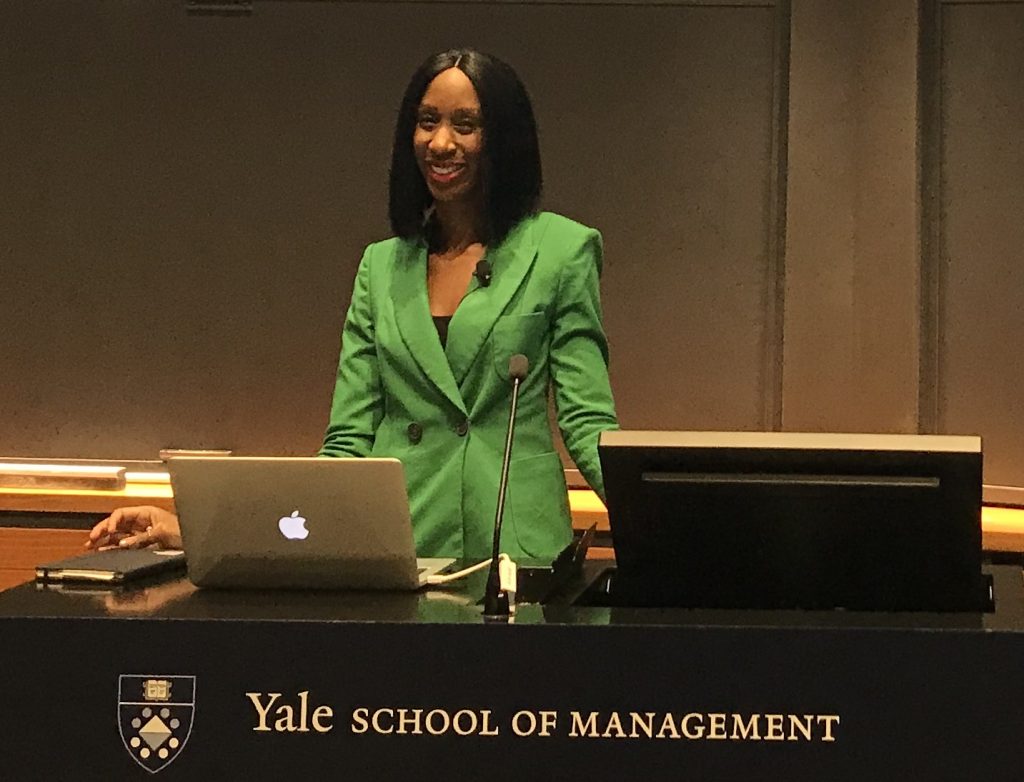Next Einstein Forum: According to various experts, the lockdown restrictions imposed across various economies within Sub-Saharan Africa have the ability to help the region to accelerate its adoption of renewable energy. Do you agree?
Lucia Bakulumpagi-Wamala: I agree, but there is a missing link – manufacturing. Lockdowns are affecting supply chains everywhere. Africa is particularly vulnerable due to the amount of manufactured goods we import every year. The opportunity, in my opinion, is to create smart policies that enable domestic production lines. Our weakness is electricity. We need steady electricity to power industry. In an ideal world the majority of the electricity will be generated from renewable resources. Responsible management of the supply chains for those resources matters tremendously and requires much thought and policy attention as well.
How does COVID-19 accelerate this trend?
L.B.W: SS Africa has been making great strides in increasing its manufacturing capacity and it is amazing to see the Africa Continental Free Trade Area actualize. Lockdowns which have affected supply chains should light a fire under all of our policy makers. The situation underscores our needs for electricity beyond the feel good electrification model for just lighting.
Could you tell us more about yourself and what you do, specifically more about your project “Bakulu-Power?
L.B.W.: I’m a Founder. My skill is bringing the most capable, dedicated and passionate people together to alleviate challenges. I chose to focus on electrification because it’s the precursor to development. At Bakulu Power, we alleviate several interconnected challenges via rural electrification. We develop energy infrastructure and also invest in key industries to create productive uses of energy. Our current developments are on islands so we pay close attention to the creation of cold chains for fish storage.
What are the reasons behind the current competitiveness of this sector on the continent?
L.B.W.: I believe that the competitiveness is due to policy. Extending the national grid is cost prohibitive for many governments so, smart policy is to allow private sector to step in and fill those gaps. Those areas become low hanging fruit and international companies, with their ability to raise grant funding, can more easily snatch them up. In a free market there is no inherent problem with that. Now, other countries have even lower hanging fruit due to more relaxed policies. West Africa has much less rigorous regulatory requirements for electrification at the mini-grid level so investors are more willing to commit funds there for a faster turnaround. There is no competition in the sense of how many people need electricity, it is a lot. The competition in is the allocation of capital: who can raise money and where does that money want to go. Policy can help influence this. Our tariff regulator (Electricity Regulatory Authority, ERA) has reached out to us for thought contributions on policy reforms. I’ve had the pleasure to making thought contributions to policy reforms for the European Union as well. I speak to a few heads of state too!
What have been the main challenges of renewable energy on the continent? How can they be fixed?
L.B.W: Certainly, policy! I have a degree in public administration, forgive me! University taught me the business of government and real life taught me the effects their policies have on business. Environmental protection policies should be maintained but other regulatory steps, for mini-grid size projects, should be loosened. I believe that we should focus on industrial parks. Industry to act as the anchor load for smaller grids and residents connect as well.
Despite rich renewable resources, this sector is seen as a risky business among investors? Why? What are the pitfalls to avoid?
L.B.W.: I do not believe that the issue is that renewables are risky. In my experience, investors are concerned with the price tag of renewable projects unless it is a hydro dam. Investors are used to expensive hydro projects that can generate large returns. Of course, hydro projects are not without controversy as we can see in Ethiopia and Egypt. But to an investor the due diligence on a $500M geothermal project costs the same amount as the due diligence on a community level mini-grid. The argument can be made that a mini-grid will get people online faster. But many investors think in megawatts and not in jobs created, health centres electrified or dignity restored. Charity thinks that way but charity level projects do not create industry and are not sustainable. A pitfall is thinking that all investors are the same. A venture capitalist would never have interest in rural electrification, the returns are not fast enough nor are large enough (in their desired time frame). The genius is finding capital that understands the project, is committed and most importantly patient. The biggest pitfall is rushing and leaving out community engagement, the hunger to eat grant funding and then abandon projects mid-way or having projects run way below capacity due to poor planning.

